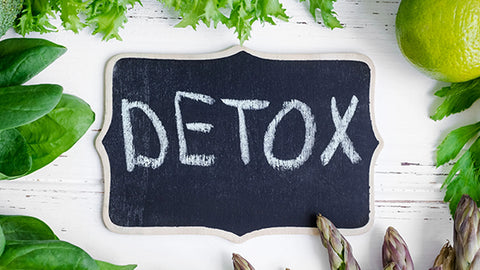Education

Vitamin D is an essential nutrient that your body needs for many vital processes, including building and maintaining your brain function, immune system and bone structure. Over 85% of people have insufficient vitamin D levels, which is particularly concerning given the pandemic and lack of sunshine in the winter months. Here are 3 effective ways to increase your vitamin D levels.

As you probably know, changes in cognition (memory, information processing, etc…) are strongly correlated to aging. Aging well is driven in part by genetics but also by how well we look after our brain and body. So why do some people stay cognitively sharp throughout their life while others don’t? To answer this question, we’ve evaluated people who remain active physically and mentally and looked at the science of aging.

A brain that is healthy, well protected, and performs optimally is dependent on foods and supplements that achieve the following:
1. Maintain Glucose Levels 2. Promote blood supply and flow to the brain 3. Build and protect cell membranes and structures 4. Improves the functionality of neurons 5. Provide protection against oxidation and inflammation

Spring brings nicer weather and longer days. Unfortunately, for many people spring also means allergies. If you suffer from seasonal allergies, you are probably getting ready for a few months of sneezing, runny nose, and itchy eyes. Luckily, there are some natural remedies for seasonal allergies that can give you the allergy relief you are looking for. To learn more about the causes of seasonal allergies and 7 natural remedies, read more.

Your liver and kidneys might normally get all the credit when it comes to detoxification, but did you know that your body also has another extensive system in place that helps detoxify your brain? If you’re wondering what a “brain detox” is all about" or “how can I clean my brain?” – you’ve come to the right place.

If you find yourself constantly feeling fatigued, distracted, moody and just plain “off,” you’re likely dealing with some sort of “brain fog.” Brain fog has become an unwanted side effect of our fast-paced, industrialized lifestyle and more recently, COVID-19 survivors.

One of our customers recently contacted us asking if Procera products could help restore his sense of smell. The gentleman went on to say that he had come down with COVID-19 in early 2020 and has not been able to smell much of anything since. The good news is there are a couple solutions.

The general health benefits of a plant-based diet are well-documented but did you know that scientific research now shows that plants can have beneficial effects on your brain function? Many leaves, roots, and berries contain ingredients that boost cognitive skills and alleviate common problems like stress, fatigue, and mood swings - without the side effects of conventional drugs.

The sugary, high-fat foods we often crave when we are stressed or down, as comforting as they are, may be the least likely to benefit our mental health. As people across the world grapple with higher stress levels and anxiety, many turn to their favorite comfort foods: ice cream, pastries, pizza and chips. But studies in recent years suggest that the unhealthy foods we often crave when we are stressed or down, as comforting as they may seem, are the least likely to benefit our mental health.

Unfortunately, many people don’t have access to fresh fruits and vegetables or simply don’t have the time to prepare a meal. You can always buy a prepared juice or smoothie at a local grocery store but these products are often filled with sugar or other ingredients that are not healthy - especially for your brain!

Most people in the scientific community now accept that the brain continues to repair itself and create new brain cells throughout life. The birth of new neurons in the brain is referred to as neurogenesis. Nerve growth factor (NGF) is a group of small protein-like molecules called neurotrophins that are responsible for neurogenesis or the development of new neurons and for the health and maintenance of mature ones.

The concept of a “healthy brain” is fairly new, but one that is growing in importance. Here at Procera, we believe that the brain can be positively impacted by dietary choices, brain-specific supplementation, and lifestyle habits. Once it was thought that it was only important to look after the developing brain (birth until the early 20s).




